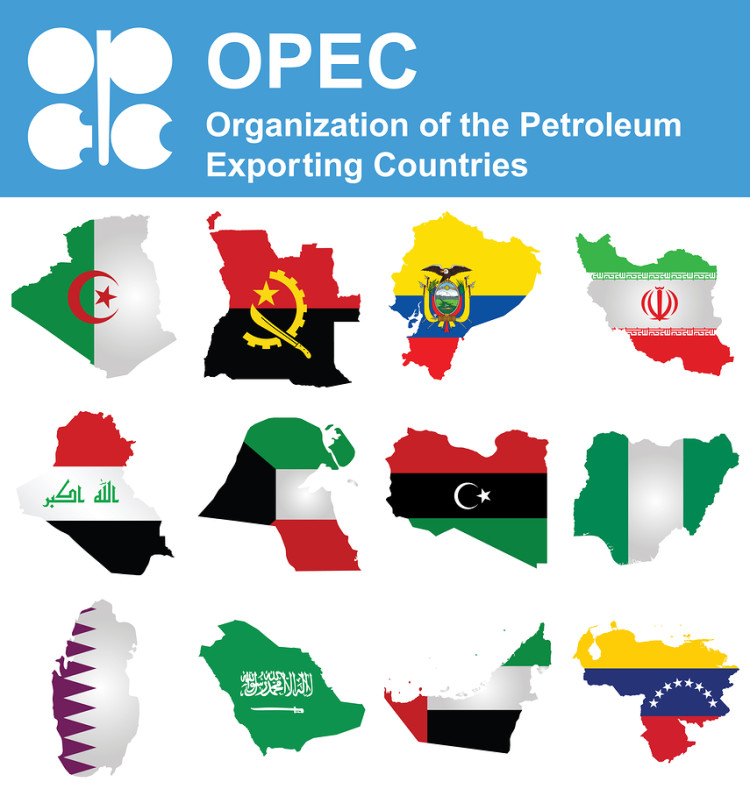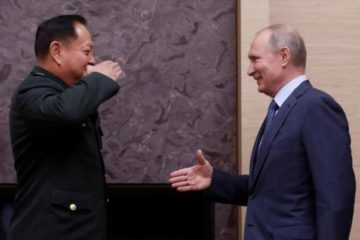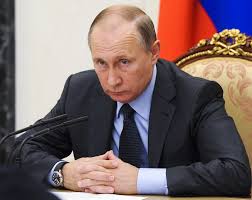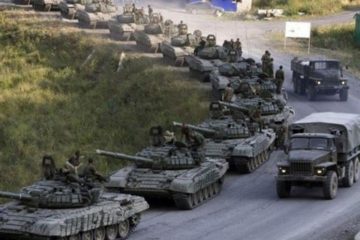OPEC Pushes for Oil Deal as Saudis Open Door for No Output Cut

published Nov 27th 2016, 4:00 pm, by Angelina Rascouet, Grant Smith and Wael Mahdi
(Bloomberg) —
OPEC is embarking on a last-ditch diplomatic push to reach a production cut, with ministers flying to Russia for talks, as Saudi Arabia for the first time suggested the oil-club doesn’t necessarily need to curb output.
The Organization of Petroleum Exporting Countries will meet on Wednesday in Vienna to try finalize the terms of its first production decrease in eight years. Yet the group remains divided about how to share the curbs internally and Khalid Al-Falih, the Saudi oil minister, has opened the door to leave the group’s production unchanged.
“We expect demand to recover in 2017, then prices will stabilize, and this will happen without an intervention from OPEC,” Al-Falih said in Dhahran, eastern Saudi Arabia, on Sunday, according to the Saudi newspaper Asharq al-Awsat. “We don’t have a single path which is to cut production at the OPEC meeting, we can also depend on recovery in consumption, especially from the U.S.”
The comments came two days after Saudi Arabia decided not to attend a meeting with non-OPEC producers, including Russia, scheduled for Monday because of internal divisions within the group. The meeting was later canceled and instead OPEC officials will meet in Vienna to bridge their differences ahead of the ministerial gathering on Wednesday.
“It’s not beneficial to attend the meeting with producers from outside OPEC before holding meetings within OPEC and deciding whether to cut or continue with current levels of production,” Al-Falih said, according to Asharq Al-Awsat.
Russia Help
As OPEC tries to resolve it’s own differences, with Saudi Arabia, Iran and Iraq at odds, the group is also asking other big producers such as Russia to reduce output too. Russia has so far resisted OPEC’s request that it joins the cut, offering instead to freeze production at its current level.
In an unexpected move, Algerian Energy Minister Noureddine Boutarfa, one of the architects of OPEC’s September accord to reduce output, and Venezuela’s Eulogio Del Pino, a regular intermediary in the group’s discussions, will meet in Algiers and then travel to Moscow on Monday, according to two delegates familiar with the matter. They asked not to be identified as the talks are private.
OPEC is also proposing a 600,000 barrel a day output cut by non-OPEC producers. Russian Energy Minister Alexander Novak has repeatedly said his country prefers to freeze rather than reduce output.
Internal Differences
While efforts to secure the cooperation of non-members continue, OPEC nations are still trying to agree among themselves about how much each should cut. The organization, which had planned to hold technical discussions with non-members on Monday, will instead hold an internal meeting to resolve the differences.
Algeria’s Boutarfa presented Iranian Oil Minister Bijan Namdar Zanganeh with a proposal for a collective cut of 1.1 million barrels a day in Tehran on Saturday. Iran had previously said it should be allowed to continue increasing production as its exports recovered from nuclear-related sanctions that were eased in January.
Boutarfa will also meet with his Iraqi, Saudi and Qatari counterparts in Vienna ahead of the OPEC ministers’ meeting on Wednesday, according to the state news agency Algerie Presse Service. Failure to reach a deal could lead oil prices to drop below $40 a barrel, APS reported, citing Boutarfa. Iraq has said it will participate in output curbs, having initially resisted joining in the effort.
However, Iraq hasn’t clarified how big a production it’s willing to make.
–With assistance from Javier Blas. To contact the reporters on this story: Angelina Rascouet in London at arascouet1@bloomberg.net ;Grant Smith in London at gsmith52@bloomberg.net ;Wael Mahdi in Kuwait at wmahdi@bloomberg.net To contact the editors responsible for this story: Nayla Razzouk at nrazzouk2@bloomberg.net Javier Blas
copyright
© 2016 Bloomberg L.P







No Comment